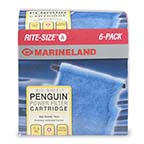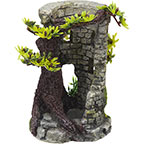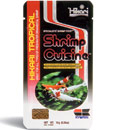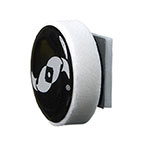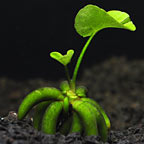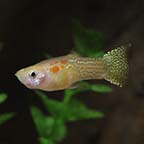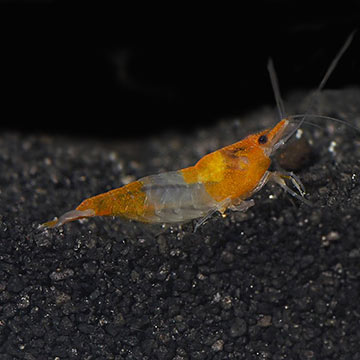
Additional locales and sizes may be available!
Additional locales and sizes may be available! Email me when availableQuick Stats
What do these Quick Stats mean? Click here for more information
What do these Quick Stats mean? Click here for more information
Overview
The Rili Orange Shrimp have gained popularity thanks to their large appetite for all kinds of freshwater algae. These highly adaptable shrimp do well in any freshwater aquarium with good filtration and water quality. However, Rili Orange Shrimp will thrive in planted aquariums where food and shelter are abundant. For "shrimp-only" setups, Neocaridina shrimp can be kept in a dedicated aquarium of at least 3 gallons in size or a colony or breeding tank of least 10 gallons in size.
If there is a male and female in your aquarium Rili Orange Shrimp will most likely breed. The female will carry a clutch of yellowish eggs under her tail until they hatch in about 30 days. The newly born shrimp will look like miniature adult shrimp and will eat the same thing as the adults. If breeding these shrimp, it is important to keep them in a breeder aquarium with a sponge filter. This added precaution helps maximize survival of young shrimp.
Like all invertebrates, Rili Orange Shrimp are sensitive to copper. Copper-based medications should never be used in aquariums housing ornamental invertebrates. Do not house Rili Orange Shrimp in aquariums with loaches, puffers, and other larger carnivores that will feed on invertebrates.
Rili Orange Shrimp are omnivores that will consume algae, detritus and left-over food. If insufficient food is present, supplement with algae tablets or quality flake food or pellets.
Approximate Purchase Size: 1/4" to 1/2"



